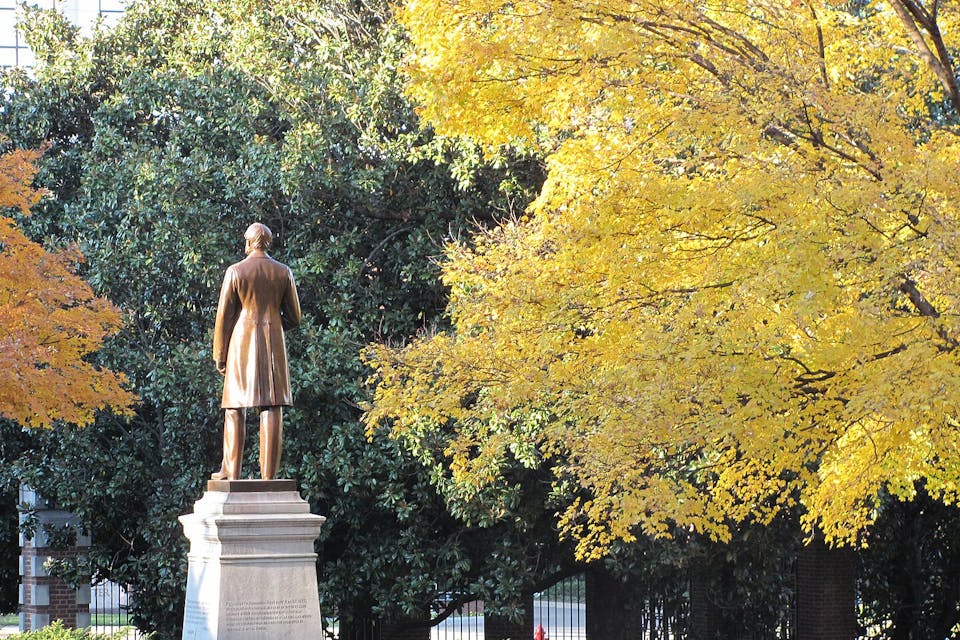
August 11, 2025
The Future of Universities Must Be Built on Firm Values
And thoughtful, respectful dialogue must be one of them.
In many ways, the horrifying attacks of October 7, 2023 were a watershed moment for American universities. Amid sometimes-violent campus protests over the war in Gaza and the tense congressional hearings that followed, the whole nation saw what close observers had noted for some time: that too many universities had drifted from the core values and principles that had enabled them to carry out their missions and made them the envy of the world. The resulting perception was that many of the nation’s top institutions had become rudderless at best or politicized at worst. On some campuses, this revelation came at the expense of Jewish students’ sense of safety and belonging. The ramifications are still playing out as universities reflect on what they stand for and take mitigating actions that are bound to shape campus life for years.
At Vanderbilt, we’ve navigated these turbulent waters by using as our guide our core purpose of pathbreaking research and transformative education, grounded in our value of free expression, which we’ve formulated as three pillars.
The first pillar is the principle of open forums—a university’s commitment to providing plenty of spaces where issues can be explored and discussed without the threat of censorship.
Responses to August ’s Essay
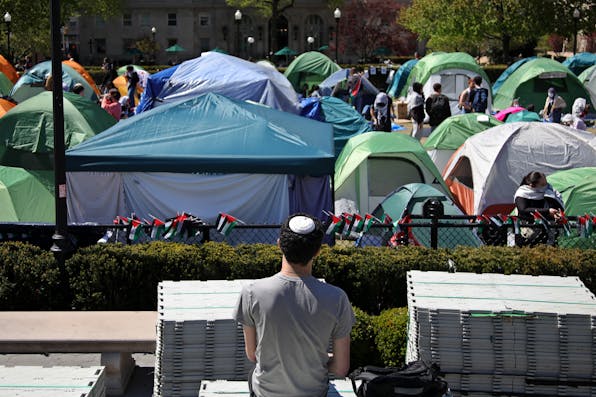
August 2025
The Future of Higher Education and the Jews: A Symposium
By The Editors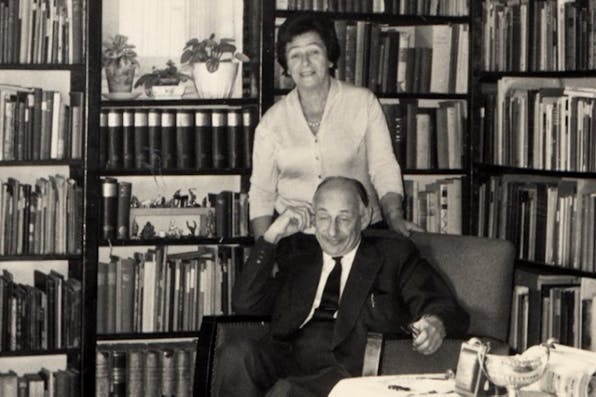
August 2025
How Jewish Studies Became a Tool of Adversarial Culture
By Ruth R. Wisse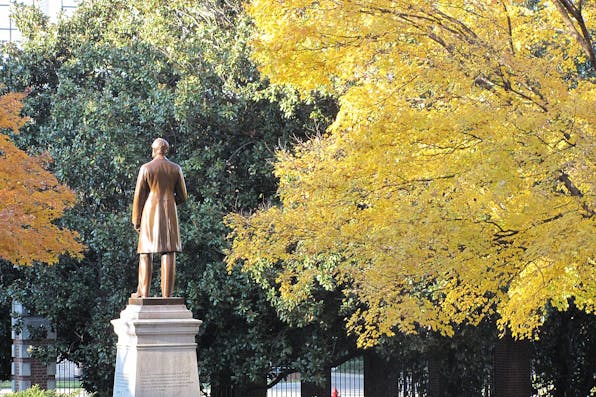
August 2025
The Future of Universities Must Be Built on Firm Values
By Daniel Diermeier
August 2025
Western Civilization and the Jews: A Shared History
By Steven H. Frankel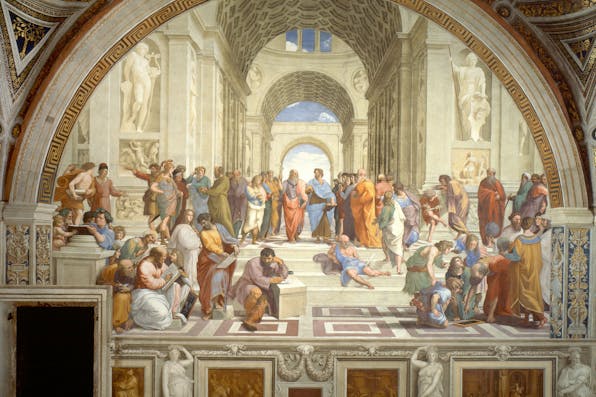
August 2025
The Quest for Wisdom, Truth, and Virtue at the University of Dallas
By Jonathan J. Sanford
August 2025
Universities Need Teachers Who Want to Teach, and Students Willing to Learn
By Bella Brannon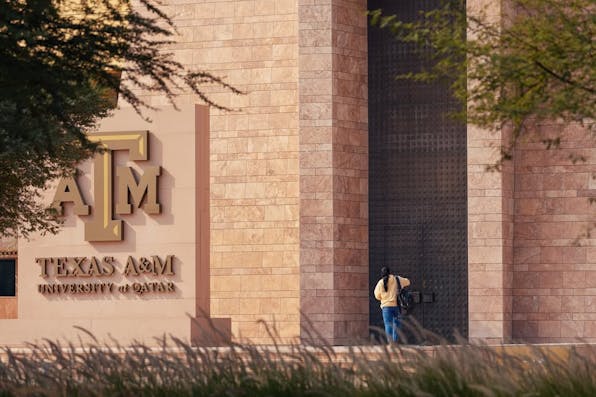
August 2025
Saving American Universities Requires Cracking Down on Foreign Funding
By Danielle Pletka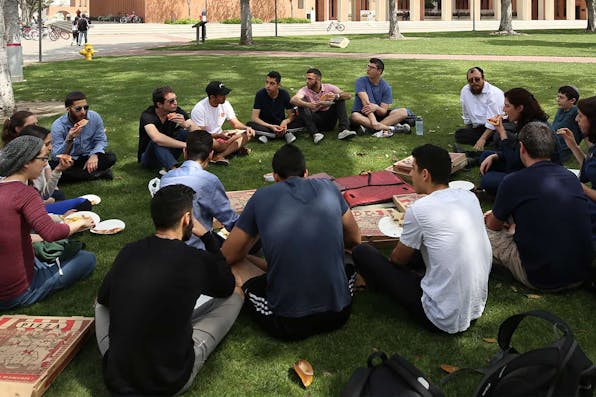
August 2025
Jews Shouldn’t Give Up on Universities, and Neither Should America
By Eitan Webb
August 2025
The Moral Collapse on Campus Is a Result of the Hollowing Out of the Humanities
By Alexander S. Duff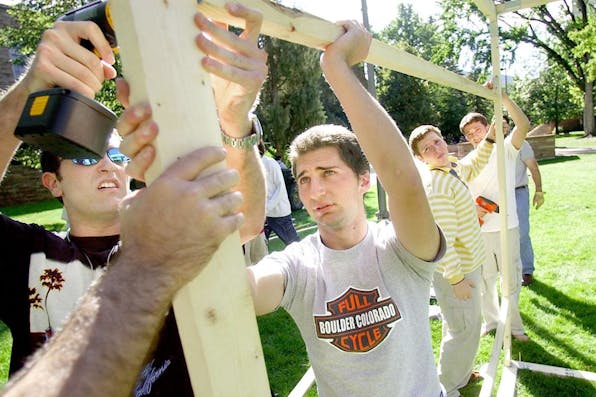
August 2025
Return American Universities to Their Religion-Friendly Roots
By Liel Leibovitz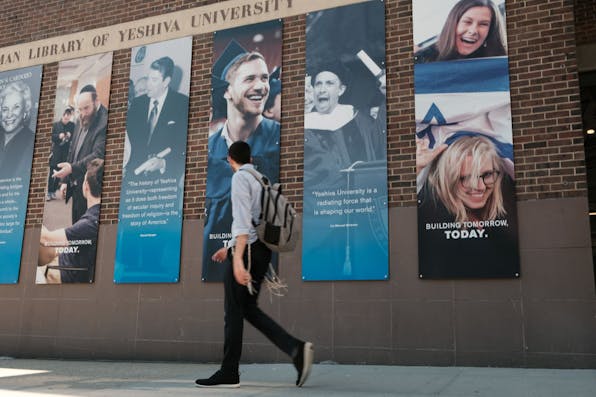
August 2025
To Make the Academic Desert Bloom, Look to Religion
By Ari Berman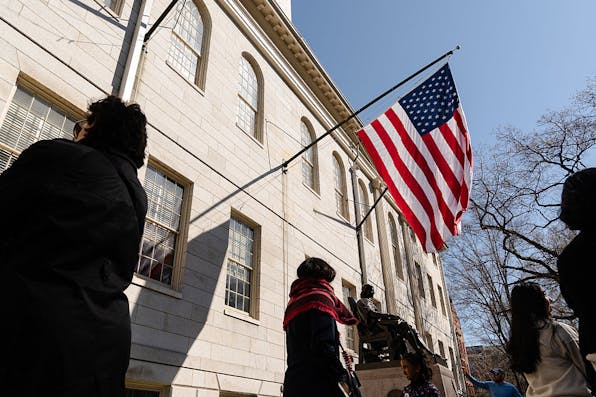
August 2025
The Universities and the American Crisis
By Ben Sasse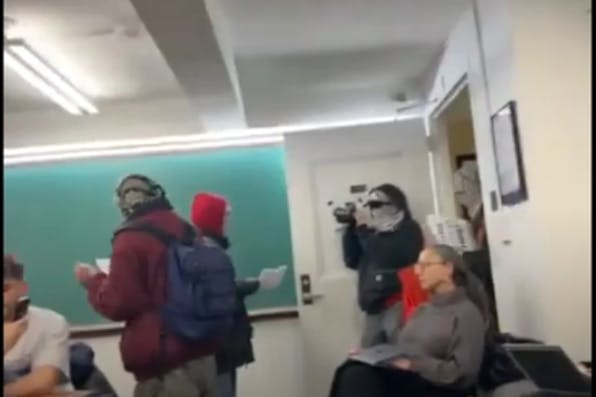
August 2025
The Campus Intifada Is a Golden Opportunity for Those Who Study Israel Seriously
By Avi Shilon
August 2025
With No Easy Fixes for Middle East Studies, It’s Time for New Programs
By Robert Satloff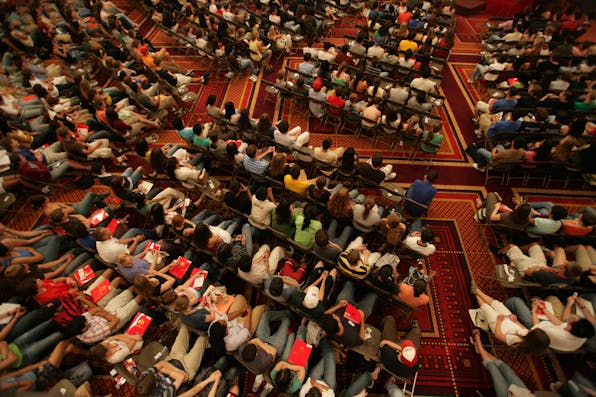
August 2025
The Perverse Microeconomics of the American University
By Michael Hochberg